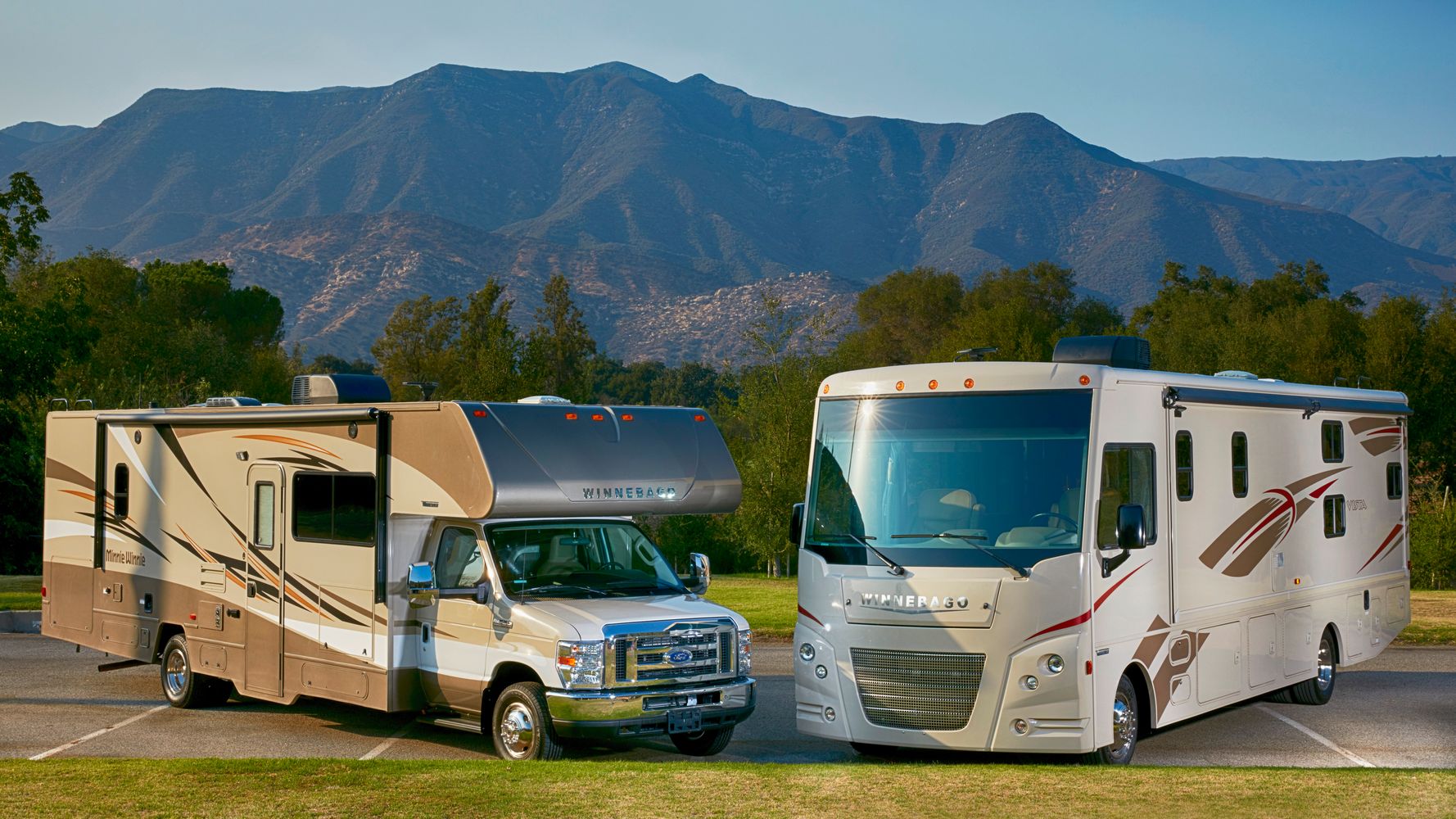As of 2023, about 11% of American households own an RV. Around 1 million RV owners actually live in their motorhomes full-time.
It’s a wonderful investment for some, but there are many things to consider before you visit your local RV dealership. If you don’t know much about different types of RVs before making a purchase, your motorhome dream might become a nightmare!
Read on to learn 8 common errors for RV buyers and how to avoid them.
-
Buying New RVs
If you’re thinking of buying a new RV for the first time, you might consider a used model instead. Doing so can give you an idea if it’s the right choice for you before making an expensive investment.
Remember that just because an RV had a previous owner doesn’t mean that it won’t have all the essential RV features you need. You can also get an idea of which features you want in the future and which ones you could do without.
They might require more regular RV maintenance than newer models, but they’re still much more affordable when comparing RV costs of new models. You might also find that a class A or C is too big, and end up looking for new vans for sale instead.
-
No Inspection
Purchasing an RV without having it inspected beforehand is a terribly common mistake for first-time buyers. Always pay a certified RV inspector and don’t try to save money by skipping an inspection.
Investing in an inspection might end up saving you thousands of dollars down the line. RV inspectors find many hidden problems with the RV that novice buyers might not notice. Then, they can help you negotiate a better buying price at the dealership.
Check out the National Recreational Vehicle Inspectors Association for a list of certified RV inspectors near you.
-
Buying Without Seeing the RV
Avoid buying an RV sight unseen at all costs to avoid many expensive headaches. If you come across a deal on an RV that seems too good to be true, it probably is.
Many first-time RV buyers fall for scams posted on sites like eBay, Facebook, and Craigslist. Not every RV seller is honest and it’s important to use caution.
If an RV seller wants you to pay for the RV before seeing it in person, that’s a major red flag. Don’t fall for this even if they promise to ship it quickly and offer a return policy. Not to mention, many RV problems won’t show up in pictures anyway.
-
Not Factoring in Towing
Most novice RV buyers don’t pay enough attention to towing capacity before they make a selection. They might be excited to use a travel trailer or fifth wheel with their new RV, but it might lack the ability to tow them.
Without the correct towing capacity, you can’t safely haul trailers and vehicles. If you’re new to driving an RV, you don’t want any added hazards.
-
Trying to Restore an RV
First-time RV buyers often think they can save money by buying a fixer-upper but end up spending more in the long run. Although, it can make a good option if you have experience repairing RVs and have the time.
Just remember that it’s easy to underestimate how much effort it might take to restore an RV to its former glory. Think of restoration as more of a hobby rather than a way to get a cheap RV to use immediately.
-
Getting the Wrong Size
If you get an RV too small to accommodate your needs or one that’s larger than necessary, you might regret your purchase. Consider renting an RV before you buy one to get a feel for how much space you might want.
Typically, first-time buyers start with smaller RVs and work their way up with experience. For instance, you might buy a C-class RV and upgrade to an A-class once you feel comfortable behind the wheel.
The bigger the RV, the hard they are to drive safely and the more planning trips require. At the same time, if you have a family of 4 and want to make long trips, a camper van likely won’t get the job done.
-
Not Testing All Systems
You must test every system in the RV to make sure everything works before you make a purchase. Even if you buy a new RV rather than a used model, you can still catch errors before you sign on the dotted line.
Check systems such as the plumbing, different appliances, LED lights, slide-outs, and the system for leveling the RV. You can hire an experienced RV inspector to further test these systems if you run into anything suspicious.
-
Not Buying an Extended Warranty
You should spend a little extra for an extended warranty if you decide to invest in a used RV. You’ll receive a manufacturer’s warranty if you buy a new RV, but dealerships sell used models “as-is.”
Extended warranties often protect buyers from things like powertrain issues, faulty systems, and even some of the RV’s appliances. Having an extended warranty for an RV can potentially save a ton of money on repairs and replacements.
Avoiding Common Errors for RV Buyers
Remember this guide to avoid common errors for RV buyers and make your first purchase with confidence. Don’t forget to rent a few different sizes before making your final decision to get an idea of the perfect size and features.
Check out our blog’s lifestyle and travel sections under the “more” tab for other helpful tips like these.

